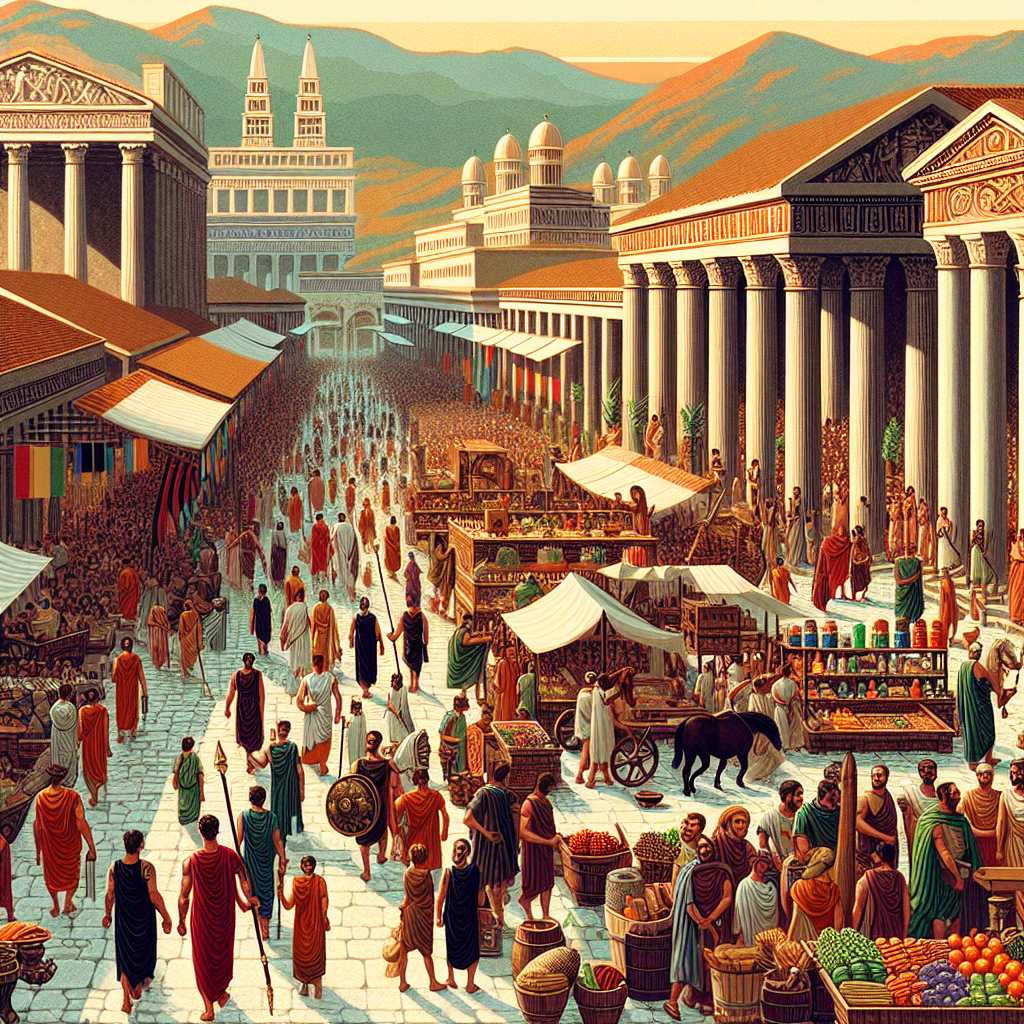Unveiling the Roman Empire: Lessons from the World's First Superpower

The Roman Empire, often referred to as one of the most significant civilizations in human history, offers a multitude of insights not only into governance and military strategy but also into the intricacies of human behavior and societal evolution. Spanning over a thousand years, its rise and fall continue to captivate historians, ordinary people, and leaders alike. What can we learn from this ancient superpower that remains pertinent today?
The Rise of a Superpower
Initially a modest city-state, Rome burgeoned into a vast empire controlling territories across Europe, North Africa, and parts of the Middle East. The expansion wasn't merely a result of superior military strength; it was equally about strategic alliances, diplomacy, and cultural integration. By understanding local customs and accommodating different cultures, Rome effectively stabilized and governed diverse populations.
Inevitability of Change: The Fall
The decline of the Roman Empire is a tale as rich as its rise. Factors such as economic troubles, military overreach, and political corruption contributed to what many view as inevitable decay. It serves as a cautionary tale about sustainability, emphasizing that even the most powerful empires must adapt to changing circumstances or face decline.
Cultural Legacy and Legal Foundations
Beyond politics and military conquests, the cultural legacy of Rome lives on in modern law, architecture, language, and even governance structures. Concepts of democracy, legal rights, and citizenship can trace their roots to Roman innovations. Furthermore, Latin, the language of the Romans, is the foundation of Romance languages, connecting the Roman Empire’s influence to today’s world.
Leadership Lessons for Modern Times
Perhaps one of the most enriching lessons from the Roman Empire is its leadership ethos. Figures such as Julius Caesar and Augustus taught us about the balance of power, the necessity of vision, and the effectiveness of communication in governance. Their strategies in maintaining loyalty and integrating diverse populations can still inform today's leaders in managing teams and organizations in an increasingly globalized world.
Conclusion: A Mirror to Our Own Society
Reflecting on the Roman Empire provides a powerful perspective on both triumphs and pitfalls. Its story is not just about ancient history; it speaks volumes about ambition, governance, cultural integration, and the human condition. As we navigate our complex modern world, the lessons of Rome remind us that while empires may rise and fall, the principles of resilience, adaptability, and cultural appreciation are timeless virtues that can lead to sustainable success.